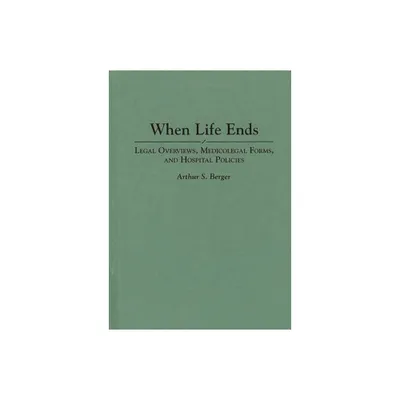Home
Twilight Nationalism: Politics of Existence at Life's End
Loading Inventory...
Barnes and Noble
Twilight Nationalism: Politics of Existence at Life's End
Current price: $120.00


Barnes and Noble
Twilight Nationalism: Politics of Existence at Life's End
Current price: $120.00
Loading Inventory...
Size: Hardcover
*Product Information may vary - to confirm product availability, pricing, and additional information please contact Barnes and Noble
The city of Jaffa presents a paradox: intimate neighbors who are political foes. The official Jewish national tale proceeds from exile to redemption and nation-building, while the Palestinians' is one of a golden age cut short, followed by dispossession and resistance. The experiences of Jaffa's Jewish and Arab residents, however, reveal lives and nationalist sentiments far more complex.
Twilight Nationalism
shares the stories of ten of the city's elders—women and men, rich and poor, Muslims, Jews, and Christians—to radically deconstruct these national myths and challenge common understandings of belonging and alienation.
Through the stories told at life's end, Daniel Monterescu and Haim Hazan illuminate how national affiliation ultimately gives way to existential circumstances. Similarities in lives prove to be shaped far more by socioeconomic class, age, and gender than national allegiance, and intersections between stories usher in a politics of existence in place of politics of identity. In offering the real stories individuals tell about themselves, this book reveals shared perspectives too long silenced and new understandings of local community previously lost in nationalist narratives.
Twilight Nationalism
shares the stories of ten of the city's elders—women and men, rich and poor, Muslims, Jews, and Christians—to radically deconstruct these national myths and challenge common understandings of belonging and alienation.
Through the stories told at life's end, Daniel Monterescu and Haim Hazan illuminate how national affiliation ultimately gives way to existential circumstances. Similarities in lives prove to be shaped far more by socioeconomic class, age, and gender than national allegiance, and intersections between stories usher in a politics of existence in place of politics of identity. In offering the real stories individuals tell about themselves, this book reveals shared perspectives too long silenced and new understandings of local community previously lost in nationalist narratives.


















